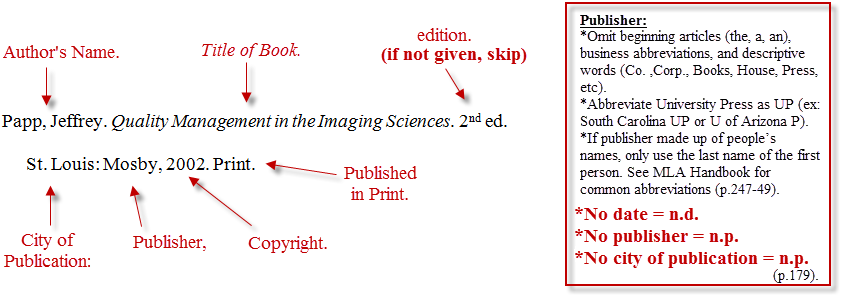Bibliography for Law Assignments
Introduction
Before you scheme out to discover and know how to write a bibliography, it is significant to get introduced to the fundamentals of this crucial element. It is a list of references, works and citations used by an individual while writing scholarly assignments.
Not including bibliographies or troubling to learn how to write it is also an sign of acknowledgement-refusal, which in the long run will shake your work on the grounds of ethics. Thus, for students who are sincerely interested in figuring out how to write a bibliography, here is a complete guide on how to make a bibliography look impressive in the eyes of the academic supervisors.

Bibliography
In the traditional footnote system, it is more common to use a bibliography than a list of references. In some cases when you custom endnotes rather than footnotes, an additional bibliography may not be vital.
At the conclusion of your assignment, attribute a list of all material which you have referred in preparing your work. The list may enclose items which you have preferred not to quote from or which you have decided were not helpful. However, these items have designed part of your preparation and should be encompassed. The list thus created forms your bibliography. It is possible that your bibliography may enclose just one item, the primary text, if that is honestly all you have used. The bibliography is prepared according to the authors’ last names which are organized in alphabetical order.
Bibliographical entries diverge from footnotes or endnotes in a upfront way that is easy to evoke. Bibliographies end assignments, and each section of an individual entry is offered in final form, punctuated by full stops. Bibliographical entries may vary in intricacy. In general, use the following ordering systems as your guide in presenting material.
Types and a basic guide to write bibliography
It is prominent that bibliography can be shattered down into several types, containing enumerative bibliography, analytical bibliography and annotated bibliography.
Enumerative Bibliography: An enumerative bibliography is usually arranged in an order that consist of the name of the author, subject and date. In an enumerative bibliography, the items enumerated belong to a general category or thematic representation. The writer using enumerative bibliography has to practice detailed insight and information about the sources used in his/her work.
Analytical Bibliography: There are 3 sub-categories embracing an analytical bibliography; viz., textual, historical and descriptive. A textual bibliography enlightens and relates the published work with the unique work of the author. However, on the other hand, a historical bibliography elucidates the background or the context discussed or mentioned in the work.
Annotated Bibliography: The author expected to sort a clear list of all bases used in an alphabetical format. Annotations and adding of all important notes to the sources is one crucial element to be well-thought-out if you are enthusiastic to figure out how to create a bibliography in an annotated format. Mentioning the sources used, alongside adding them to the list is a unique attribute of this particular form of bibliography.

Source: https://blog.gregwilson.co. writing-citation/uk/
Dissimilarities between references and bibliography
Well, it is to be illustrious that there is a squeaky line of dissimilarity between referencing and bibliography. The basic variance between bibliography and references is the grade of sources added. In case of a reference, you need to use all bases in the list which has been utilized in your work. While, in case of a bibliography, you want to list all sources, comprising the ones which are not in a straight line associated with your citations. If you are disorganized regarding the dissimilarity between referencing and bibliography, then this clarification is likely to aid you identify the simple difference between bibliography and references and also how to write a bibliography. Bibliography is a far explanative version of referencing, where every approaching source gets recognized and acknowledged.
Conclusion
Speaking of assignment writing services, we would like to remark that our firm offers all academic writing solutions for case studies, dissertations, essays, homework and more. If you are concerned whether we will be able to guide fully revised and edited solutions on time, then stay confident of receiving assignments with complete referencing, citation and bibliographic additions done on time, without fail. We’re dedicated to prioritizing your preference every single time.
Reference
- Dutton, Y., & Mohapatra, S. (2021). COVID-19 and Law Teaching: Guidance on Developing an Asynchronous Online Course for Law Students. St. Louis University Law Journal.
- Wahyuni, W. (2021, March). Law Enforcement In Creating Good Governance Towards A Value Of Justice. In The 1st Proceeding International Conference And Call Paper (Vol. 1, No. 1).

 Previous Post
Previous Post Next Post
Next Post